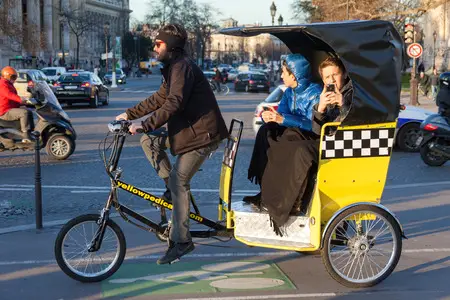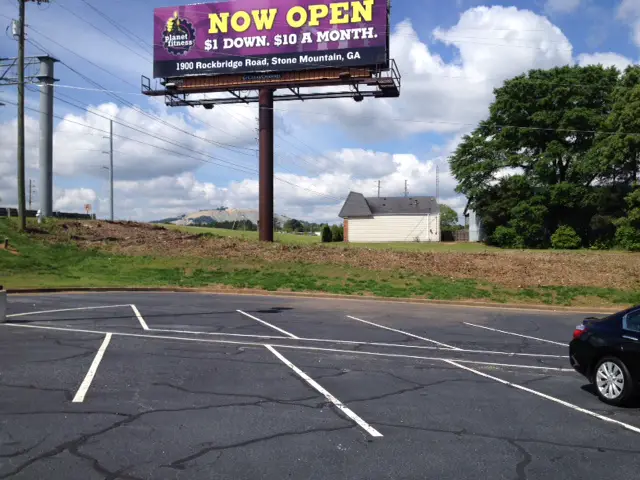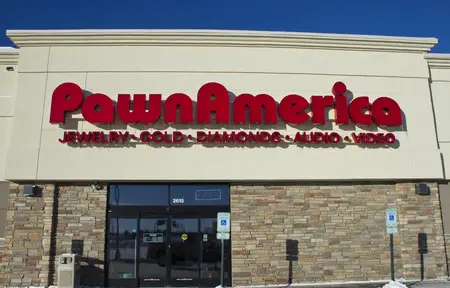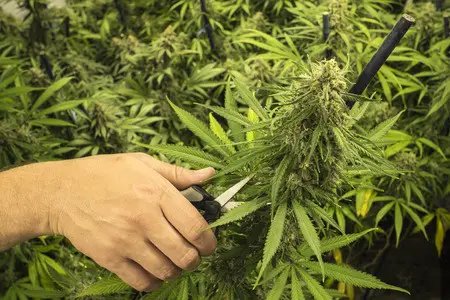Could a Pedicab Permit Eventually Be Worth More Than a Taxi Medallion?
New Your City taxi medallions appreciated for years and traded for over $1 million at their peak. Other cities’ medallions weren’t worth nearly as much, but still were a great store of value and a great income generator for companies that owned them and leased them out to drivers, financed them, or sold them to other drivers with a seller-financed note. Then suddenly Uber came into being, and the value was eviscerated. They were still worth something, but as long as rideshare companies could operate and undercut the taxi companies, without having to worry about quotas or limits on the number of cars, the value of taxi medallions absolutely plummeted. Self-driving cars could further damage the value of taxi medallions; tourists and business travelers may not own a car in a city, but someone taking a cab instead of drinking and driving, or in order to avoid paying or dealing with parking, could eliminate these problems with his or her own self-driving car. Its unclear if taxi companies will still have a transportation role 20-30 years out; maybe Uber or GM or Google or some other company will maintain a fleet of cars and be forced to buy medallions from existing companies in order to do this. Or maybe taxi companies will have no role at all and rideshare will become too big of a Pandora’s box for politicians to control any longer.
Pedicab permits, which some might not even consider to be that valuable right now, seem less likely to be wiped out by technology. As long as cities cap pedicab permits, someone who holds a permit which is renewable, whether it can be sold or not, holds something that should be valuable (assuming the cap is not so high as to place no real constraints on the market). When Austin looked to cap the number of pedicabs at 300, they were creating value for the pedicab permit holders by government force. After a cap is in place, as population and demand for pedicab rides increases, permit holders stand to benefit in the income they generate and the potential to resell their business or lease their fleet to others who aren’t lucky enough to hold a permit themselves. Self-driving pedicabs don’t seem like an easy thing to create, and its such a novelty, niche market that an Uber for pedicabs doesn’t seem like the next big thing out of Silicon Valley. So while a pedicab permit is never going to be worth anything close to what a taxi medallion was at its peak, it certainly doesn’t seems to be facing any of the technological forces out there that taxi industry is facing.






